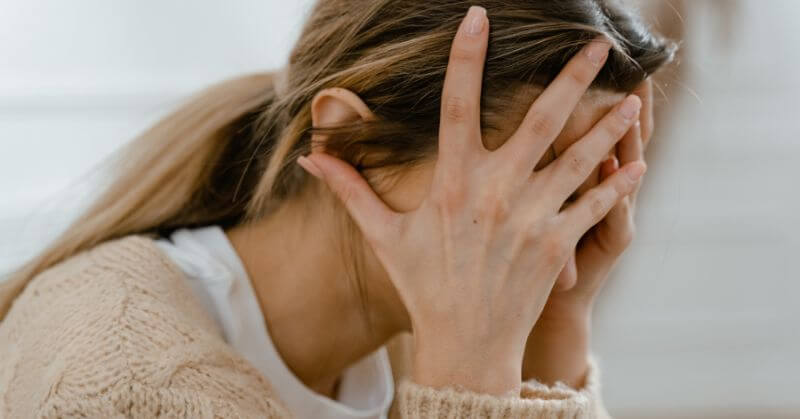Hangxiety comes from combining the words’ hangover’ and ‘anxiety’. It is something that is perceived in many who enjoy drinking alcohol. The majority are able to understand the physical symptoms of a hangover—a headache, nausea, and fatigue. However, only a few of them are aware that this is combined with the psychological aspect, which leads to a feeling of intense dread and anxiety.
What Is Hangxiety?
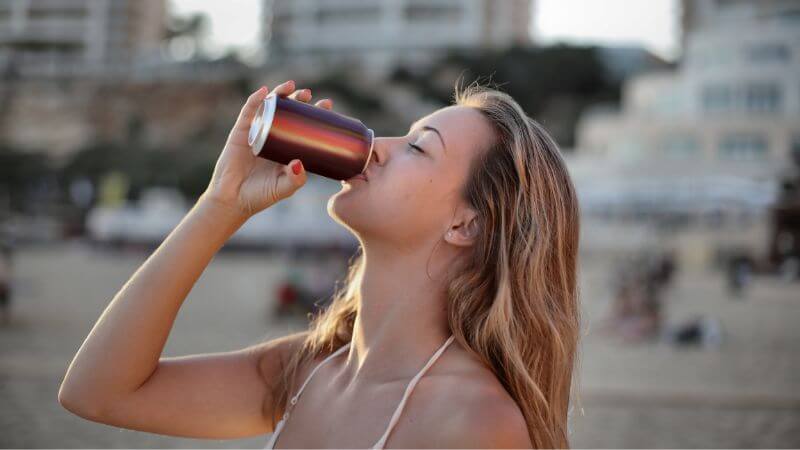
Hangxiety, or hangover anxiety, emerges after alcohol consumption, causing heightened unease. It is categorized by an influence of both physical and mental features, that is, enhanced heart rate and sweating, along with restlessness and insecurity. It frequently happens a day after because a person is sober and all the feelings of alcohol start to enlighten together with anxiety and uneasiness. Hangxiety is another term or synonym for anxiety you experience due to the ingestion of alcohol. Hangxiety ranges from mild uneasiness to extreme distress, and it can cause problems with your functional ability and overall well-being.
Symptoms And Signs
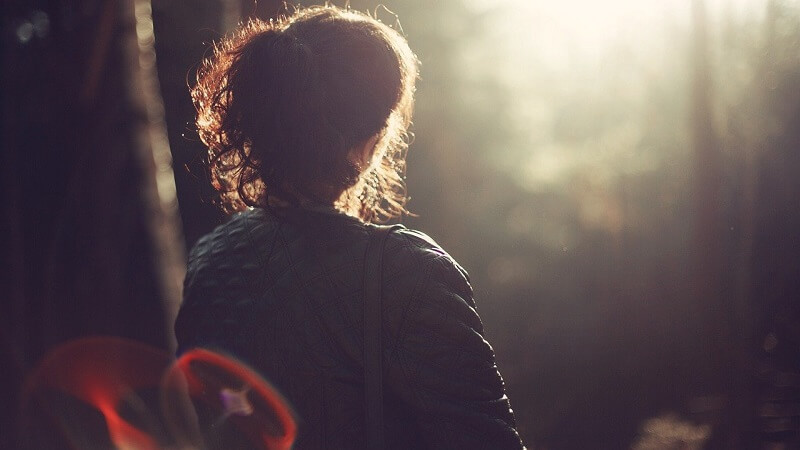
Heightened Anxiety: This process makes the feelings of anxiety or fear more severe and can make you feel unwell.
Physical Discomfort: Hangxiety can happen in a variety of symptoms, such as headaches, pains in muscles or stomach, and boosted distress.
Racing Thoughts: Failure to concentrate as a result of excessive thinking, thus culminating in reduced productivity.
Difficulty Relaxing: Restlessness or agitation makes relaxation challenging, prolonging discomfort.
Causes Of Hangxiety
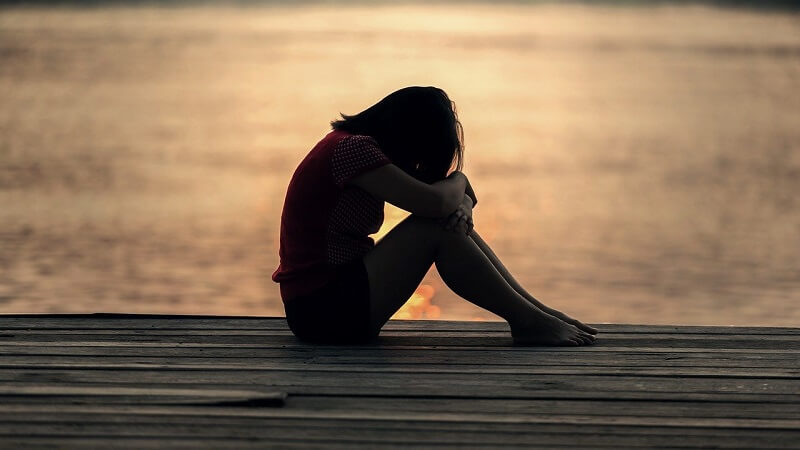
Researchers link hangxiety to dopamine fluctuations post-alcohol consumption. Along with the other chemicals that disrupt sleep patterns, this chemical imbalance is the cause of the emotional rollercoaster that one experiences in a hangover.
Effective Coping Strategies
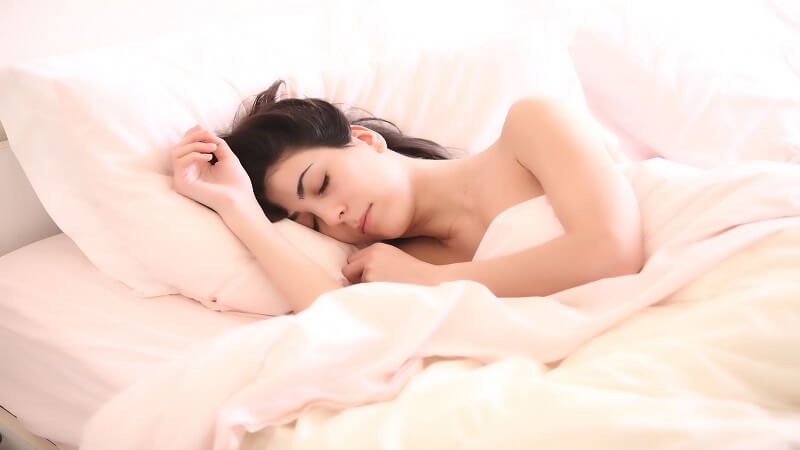
Hydrate Yourself: Drink water. It will help eliminate dizziness caused by dehydration and also provide a quick exit from harmful toxins in the body.
Moderate Consumption: No alcohol’s a good deal to do so, and each person stays healthy.
Sleep Well: Rest becomes a necessity as alcohol affects the typical sleeping patterns, therefore allowing for proper recovery of the physical and mental.
Practice Breathing Techniques: By implementing techniques like deep breathing, one can reduce hangxiety.
Avoid Caffeine: Try not to drink coffee as it can worsen anxiety.
With these approaches, hangovers can be prevented from spoiling mental and physical wellness. Please share with your friends and family members to spread awareness.
Follow Us: Facebook | Instagram | X |
Youtube | Pinterest | Google News |
Entertales is on YouTube; click here to subscribe for the latest videos and updates.


